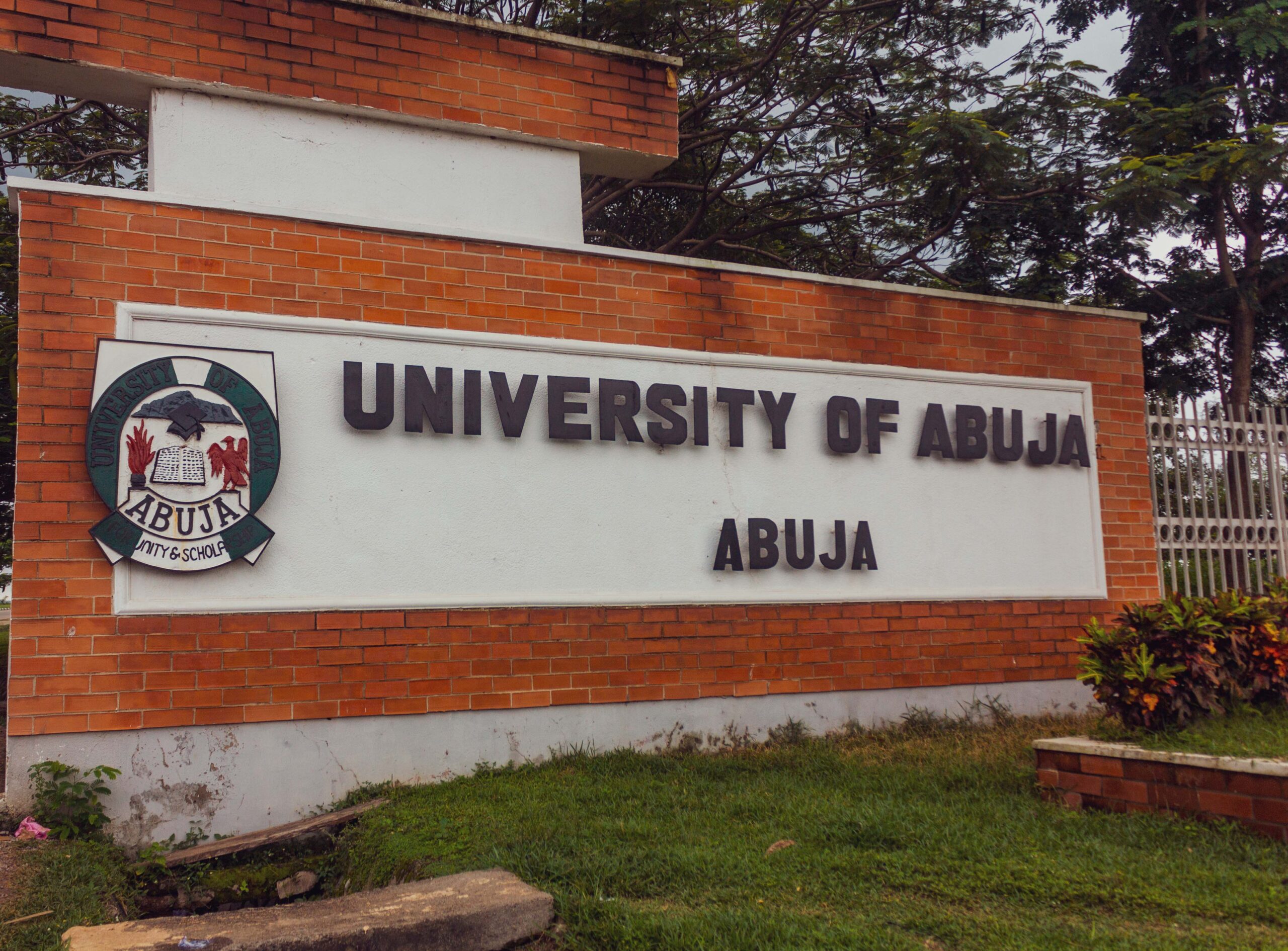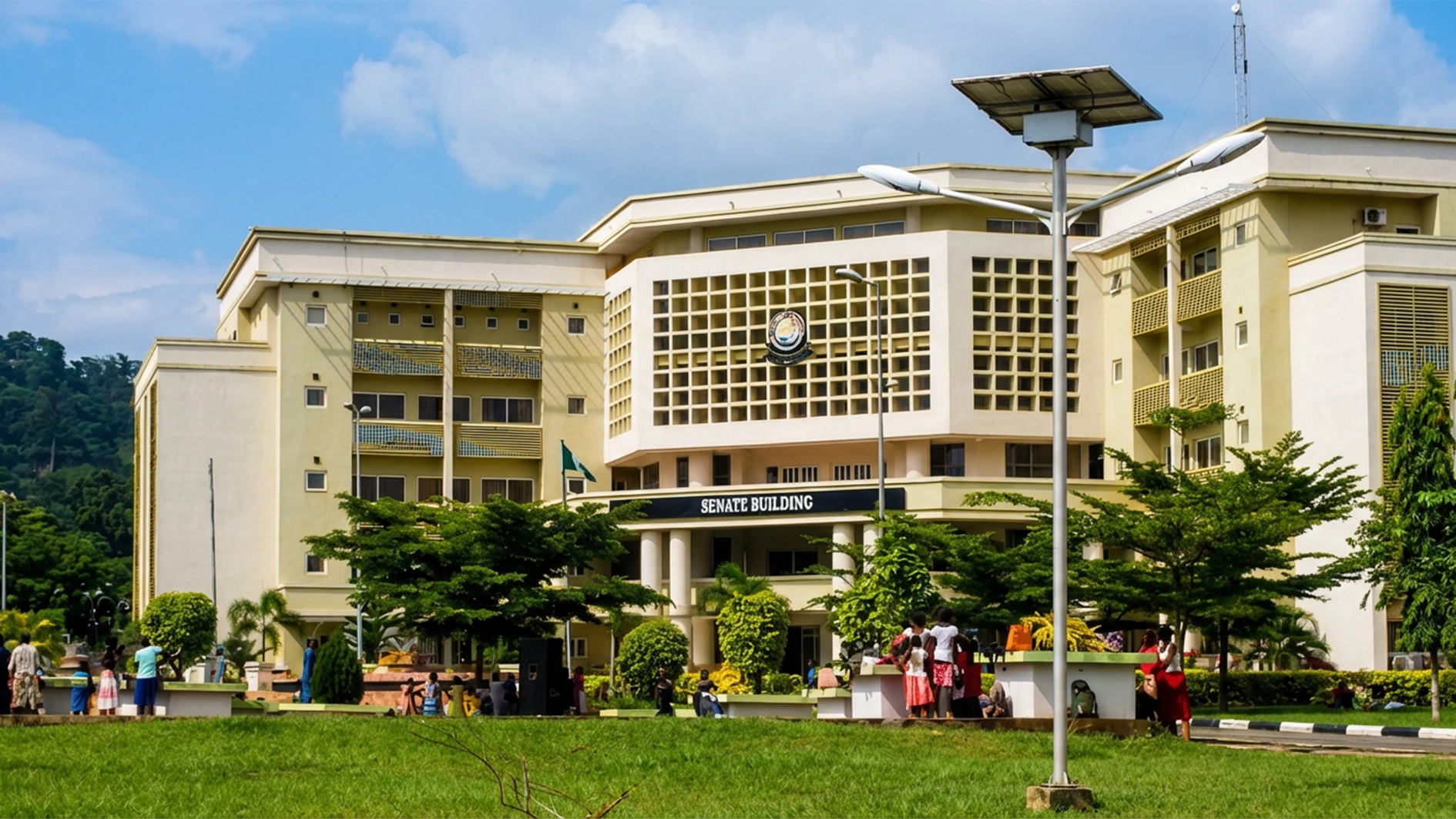
The Federal Government has launched an initiative to address the problem of low enrolment in the country’s technical colleges. This innovative approach is aimed at revitalising interest in technical education and providing opportunities for students to acquire practical skills that can enhance their employability and self-reliance.
Education Minister, Dr Tunji Alausa, disclosed this during a meeting with Provosts and Rectors from Federal Colleges of Education, Federal Polytechnics and allied institutions.
Alausa noted that the ministry’s six-point agenda to transform Nigeria’s education system includes the revitalisation of Technical and Vocational Education and Training (TVET).
He said the strategy includes the adoption of the tried and tested Pareto Rule of 80/20 ratio, favouring practical over theoretical training. Alausa stated that the approach was to also ensure that graduates possess market-relevant skills critical to Nigeria’s industrialisation and sustainable development.
He disclosed that the meeting with the leadership of the institutions was to provide a valuable platform for deliberation on key issues affecting the administration and operations of the institutions.
“It also allows us to align our shared efforts toward achieving the priorities of the Federal Ministry of Education,” he said. Alausa stressed the importance of aligning academic programmes with industry demands, preparing students for careers in high-impact sectors like Information and Communications Technology (ICT), carpentry and advanced manufacturing. He also emphasised the need for strategic partnerships with private sector players to provide funding, resources, and internship opportunities.
“Federal Colleges of Education are expected to lead the charge by implementing rigorous pre-service training and continuous professional development programmes that prepare teachers to excel in an evolving educational landscape.
“Similarly, our polytechnics and allied Institutions must prioritise the development of technical instructors equipped with modern pedagogical skills and aligned with global standards. These efforts are crucial to building an education system that surpasses accreditation benchmarks and produces graduates who make significant contributions to national progress.”
He tasked leaders of federal polytechnics and colleges of education to adopt a strategic approach to improve and grow their institutions. Some of the strategies, he noted, include aligning the educational programmes with Nigeria’s national development plan, collaborating with industries and local communities to promote food production, establishing endowment funds and working with alumni, private sector, and philanthropists to set up these funds to support scholarships, infrastructure development, and research.
On research, Alausa urged them to establish centres of excellence dedicated to key areas like Science, Technology, Engineering and Mathematics (STEM) education, partner with industries to identify research needs, secure funding, and translate research findings into practical solutions, focus research on addressing national priorities, including renewable energy, digital innovation, and infrastructure.
He also tasked the rectors to actively seek research grants from local and international funding agencies, like the Tertiary Education Trust Fund (TETFund), African Union Research Grants, and other global research bodies.
In the same vein, Alausa charged them to publish findings in reputable journals, host conferences, and facilitate knowledge-sharing platforms within and beyond Nigeria.






